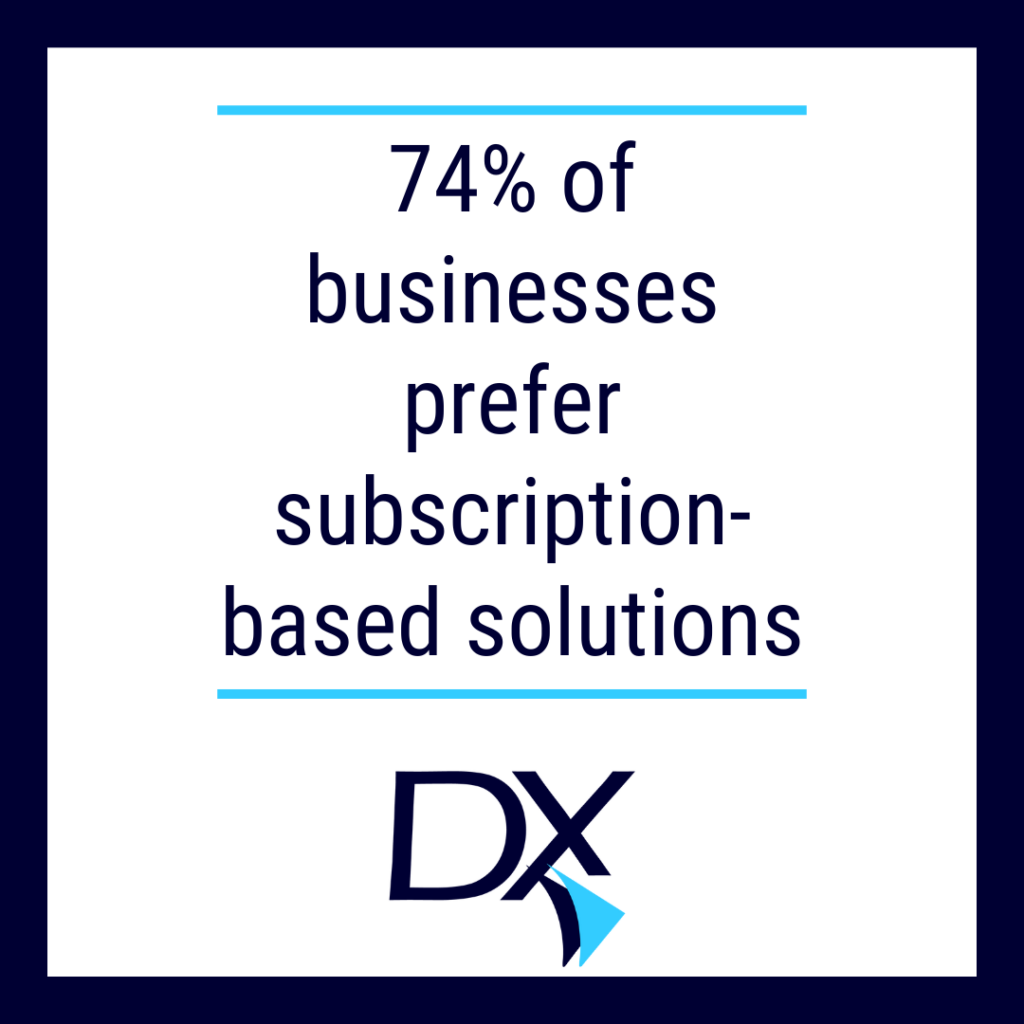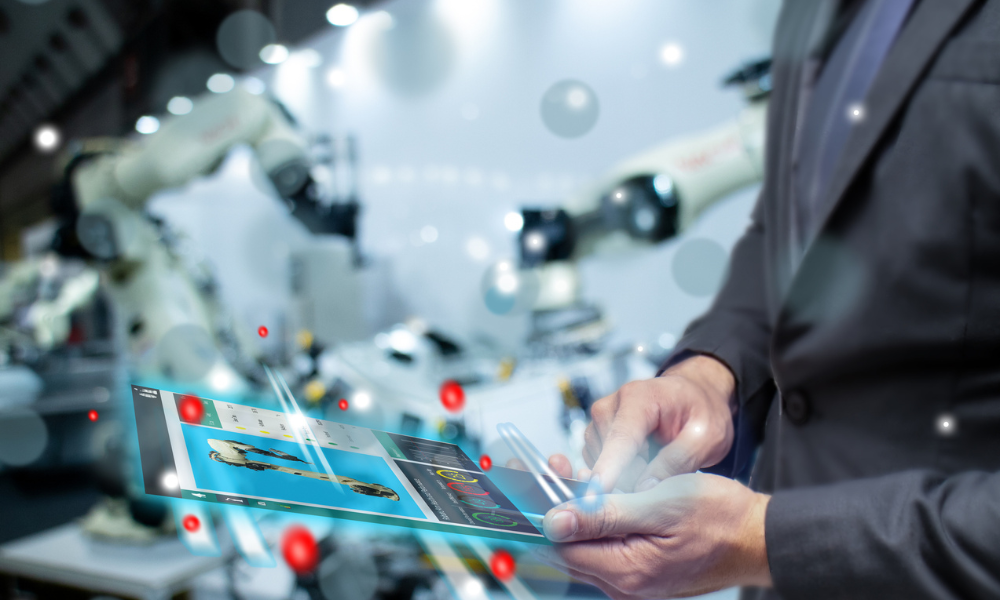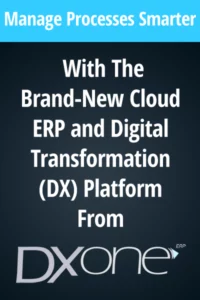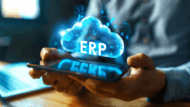he office technology and equipment sector is undergoing a significant transformation, driven by key industry trends such as artificial intelligence (AI), Internet of Things (IoT)-enabled devices, and subscription-based service models. These advancements are reshaping how businesses operate, necessitating the adoption of modern Enterprise Resource Planning (ERP) software to manage the resulting complexities effectively.
AI and IoT: Revolutionizing Office Technology
AI is revolutionizing modern office technologies by enhancing efficiency, productivity, and security. Incorporating AI into office equipment allows for predictive maintenance, reducing downtime and extending the lifespan of devices. For instance, AI-driven analytics can predict when a printer will require servicing, enabling preemptive action and minimizing disruptions. A recent study found that AI-based predictive maintenance can reduce maintenance costs by up to 30% and decrease unexpected equipment failures by 70%.
Similarly, IoT-enabled devices are transforming the office landscape by facilitating seamless connectivity and real-time data exchange. These devices collect and transmit data, providing insights into usage patterns and operational efficiency. For example, smart printers can monitor their own ink levels and automatically reorder supplies when needed, ensuring uninterrupted operation. The global IoT market in office technology is projected to reach $52 billion by 2026, growing at a compound annual growth rate (CAGR) of 11.2% from 2023.
IoT devices also play a crucial role in security and access control within office environments. Smart security systems with IoT integration can monitor office spaces in real-time, detect unauthorized access, and alert security teams immediately. This level of automation reduces human intervention, ensuring greater workplace security while minimizing risks associated with manual monitoring.
Subscription-Based Service Models: A New Paradigm
Another significant trend in the office technology sector is the rise of subscription-based service models. Companies are leveraging the always-on connectivity of IoT devices to develop recurring revenue streams. This model enables continuous value delivery to customers for a regular fee, fostering an ongoing relationship instead of a one-time transaction.
Subscription models offer businesses greater flexibility and cost predictability, allowing them to access the latest office technology without large upfront capital expenditures. A 2024 survey revealed that 74% of businesses prefer subscription-based solutions for office equipment due to reduced financial risk and easier upgrades.
For example, managed print services (MPS) provide businesses with fully maintained printer fleets under a subscription model. This eliminates the need for companies to purchase and manage their own printing hardware instead of paying a fixed monthly fee for printing capabilities, maintenance, and supplies. The same model is now extending to office automation tools, cybersecurity services, and cloud-based collaboration platforms.
The Crucial Role of Modern ERP Software
Managing the complexities introduced by these trends requires robust and adaptable systems. Modern ERP software is pivotal in this context, offering comprehensive solutions to integrate data, automate processes, and enhance customer engagement.
Data Integration and Centralized Information
Modern ERP systems provide a centralized platform that integrates data from various sources, ensuring a single source of truth. This integration facilitates better decision-making by providing real-time insights into operations. By consolidating data from AI and IoT-enabled devices, businesses can gain a holistic view of equipment performance and usage patterns.
Centralized data also improves compliance with industry regulations, as ERP systems can track and document all transactions, maintenance logs, and equipment lifecycles. ERP solutions ensure transparency and audit readiness for industries requiring strict data security and regulatory adherence.
Process Automation and Efficiency
Automation is a cornerstone of modern ERP systems. Businesses can reduce manual effort, minimize errors, and improve efficiency by automating routine tasks. For example, ERP software can automate the scheduling of maintenance activities for office equipment based on data from IoT sensors, ensuring timely interventions and reducing downtime.
Additionally, AI-powered ERP solutions can optimize inventory management, ensuring office equipment suppliers maintain the right stock levels without over-ordering or running out of essential products. Predictive analytics allow businesses to anticipate demand fluctuations and adapt procurement strategies accordingly.
Enhanced Customer Experience and Engagement
Modern ERP systems enhance customer engagement by providing tools to manage interactions and track customer preferences. Businesses can tailor their services to meet customer needs by analyzing data from various touchpoints. For instance, understanding office equipment usage patterns can help offer personalized solutions and proactive support, thereby improving customer satisfaction.
A well-integrated ERP system also allows businesses to streamline their customer service operations. AI-driven chatbots and automated service ticketing systems ensure that customer inquiries and maintenance requests are handled efficiently, reducing response times and improving customer loyalty.
Scalability and Future-Proofing
As businesses evolve, their operational needs change. Modern ERP systems are designed to be scalable, accommodating growth and diversification of product and service offerings. This scalability ensures that the ERP system remains relevant and supports the business’s objectives over time.
Moreover, by adopting cloud-based ERP solutions, businesses can future-proof their technology infrastructure, ensuring they remain agile and responsive to emerging trends. Cloud ERP solutions provide remote access, allowing employees to manage operations from any location while ensuring data security through encrypted storage and automated backups.
Adapting to the Future of Office Technology
Integrating AI, IoT-enabled devices, and subscription-based service models transforms the office technology and equipment sector. These innovations drive efficiency, cost savings, and new revenue streams but also introduce complexity in management, data integration, and operational scalability.
To stay ahead in this evolving landscape, businesses must leverage modern ERP software. ERP solutions are the backbone for data-driven decision-making, process automation, customer engagement, and business scalability. Companies that embrace these technologies will streamline their operations and position themselves for sustainable growth in an increasingly digital world.
By investing in ERP systems that integrate AI, IoT, and subscription-based models, businesses can create a resilient and future-ready infrastructure that supports innovation, enhances customer satisfaction, and drives long-term success.







